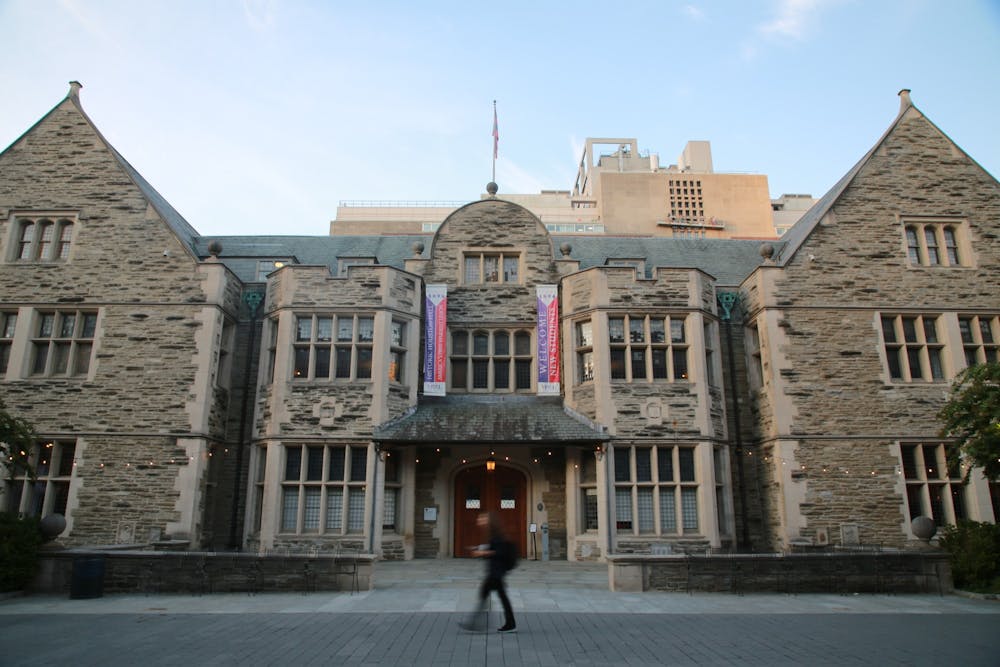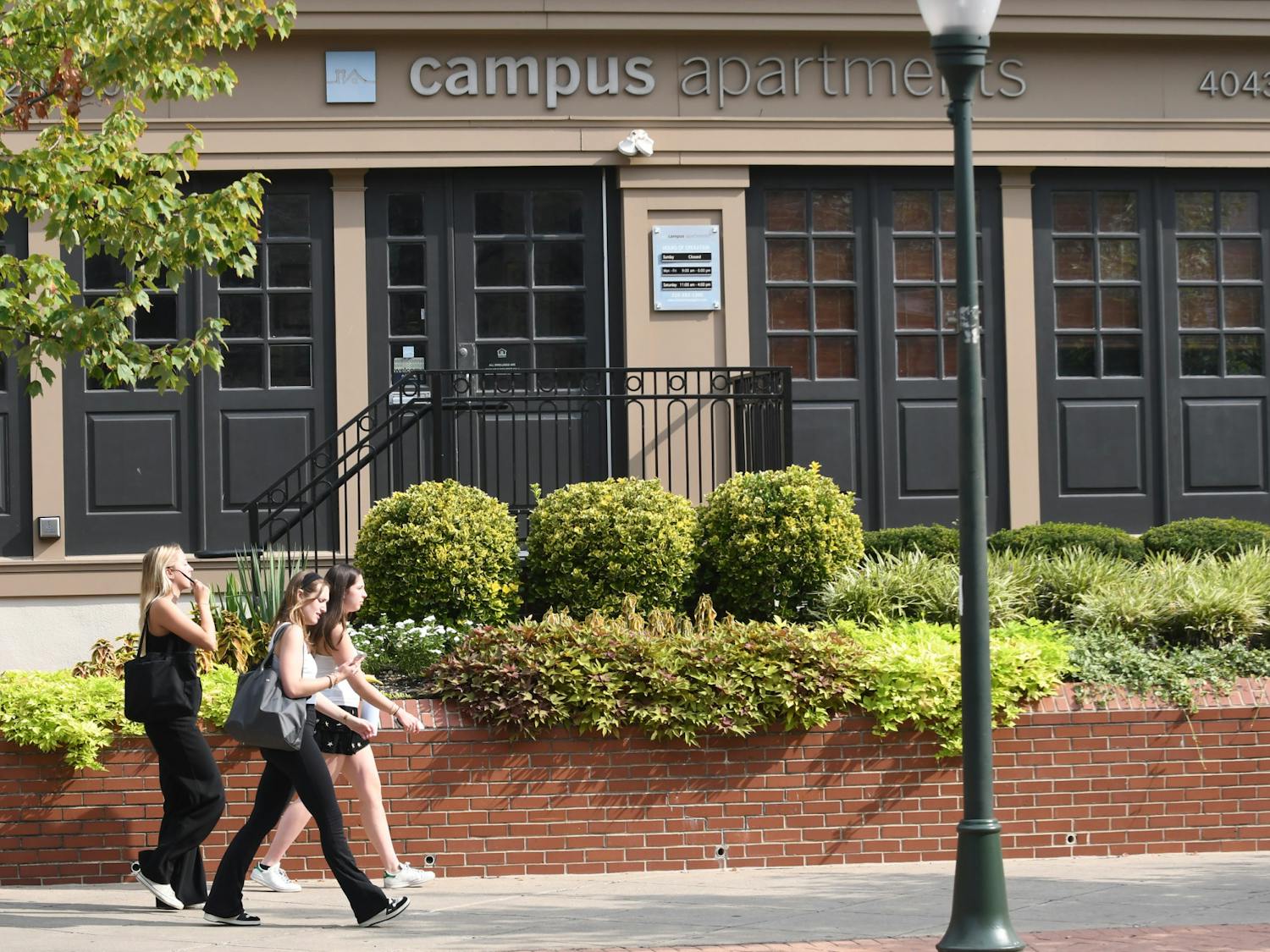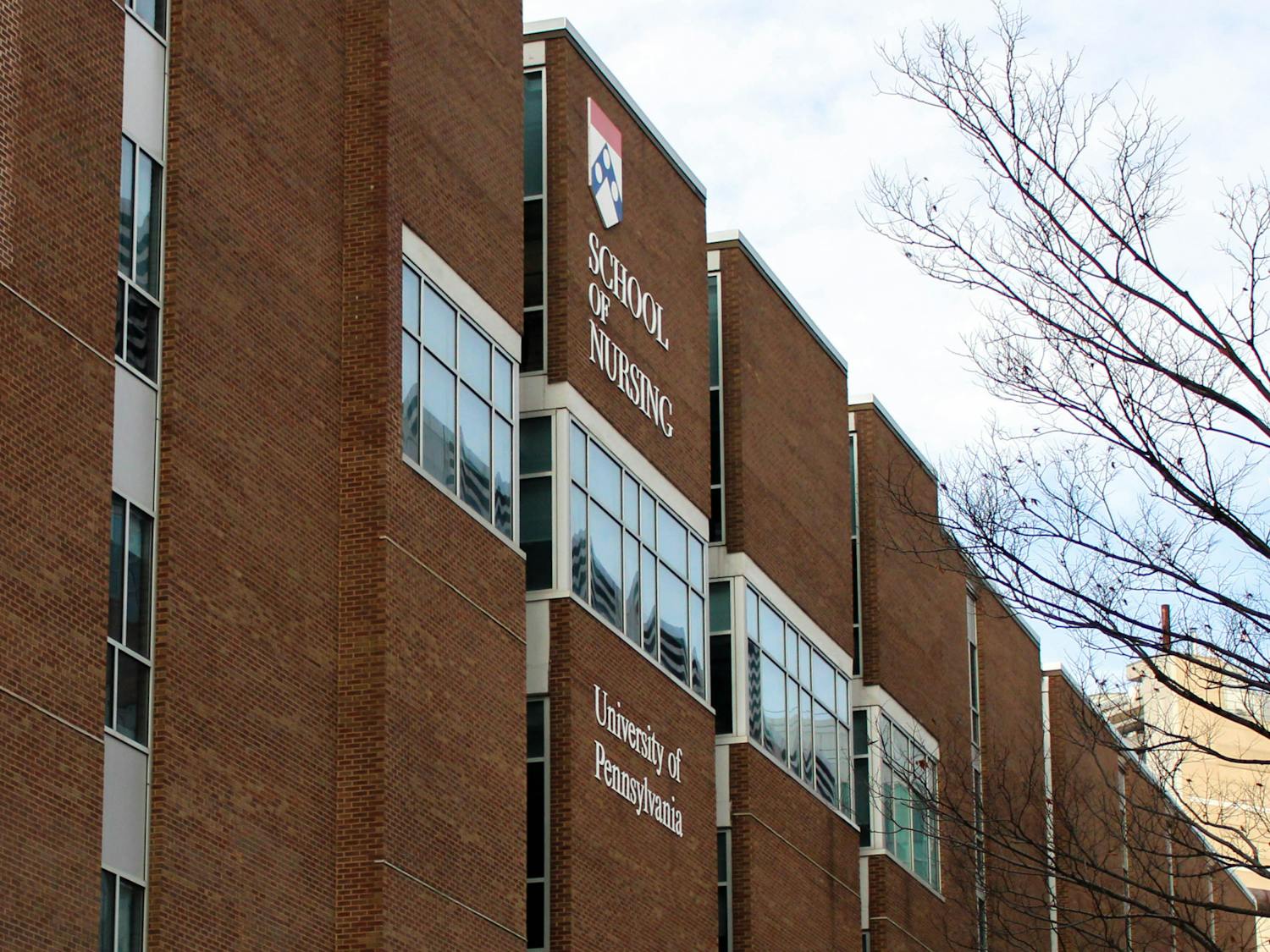Wellness at Penn plans to host a “Lunch-n-Learn” session on Wednesday to provide the Penn community with information and answer questions surrounding the national monkeypox outbreak.
The event — which will be called "Let's Talk About Monkeypox!" — will take place in Houston Hall’s Griski Room from noon to 1 p.m. on Sept. 14, and be hosted by an epidemiologist from Penn Public Health and Wellbeing and a medical provider from Student Health and Counseling. It will also provide an opportunity for community members to receive the latest monkeypox guidelines from Penn’s medical officials.
“We have been receiving some questions not only from students, but from faculty and staff, about monkeypox as it has been in the news lately, who want some general information,” Rebecca Huxta, associate director for Public Health and Wellbeing, said.
Huxta told The Daily Pennsylvanian that the informational event will start as a question-and-answer session, before shifting to a forum on the public health response by the epidemiologist.
During previous disease outbreaks, the Wellness team has held similar discussions with community members to present factual information and to address how students can assess their personal risk, including for Ebola, mumps, and the flu, Huxta said.
Chief Wellness Officer Benoit Dubé told the DP that the context of the session is to provide students with information so they can “remain calm in the face of all the media attention.”
“It’s really to practice what we preach on our social media: Stay informed and remain calm,” Dubé said. “We’re providing a tool for students to be able to do so.”
Through social media, Wellness has shared posts "myth-busting” common fears and concerns about monkeypox, aiming to quash information “blown out of proportion” by the media.
RELATED:
Philadelphia receives additional monkeypox vaccines as cases rise nationwide
Public Health and Wellbeing oversees another semester of online self-help programs
One such myth that the Wellness team addressed is the question of whether monkeypox only affects members of the LGBTQ community. While the disease can be transmitted to anyone, the monkeypox outbreak has so far disproportionately affected sexually active gay and bisexual men.
“I think the misinformation is driven by fear, and I think the fear is explained by our collective experience navigating a pandemic these past two years,” Dubé said. “Our goal is to provide an antidote.”
Students can reduce their risk of contracting the virus by practicing good hand hygiene, cleaning shared spaces, and avoiding sharing items or engaging in high-risk behavior with symptomatic individuals, according to Huxta.
If a student tests positive for monkeypox, they should reach out to Student Health and Counseling to reach a clinician and determine their next steps.









